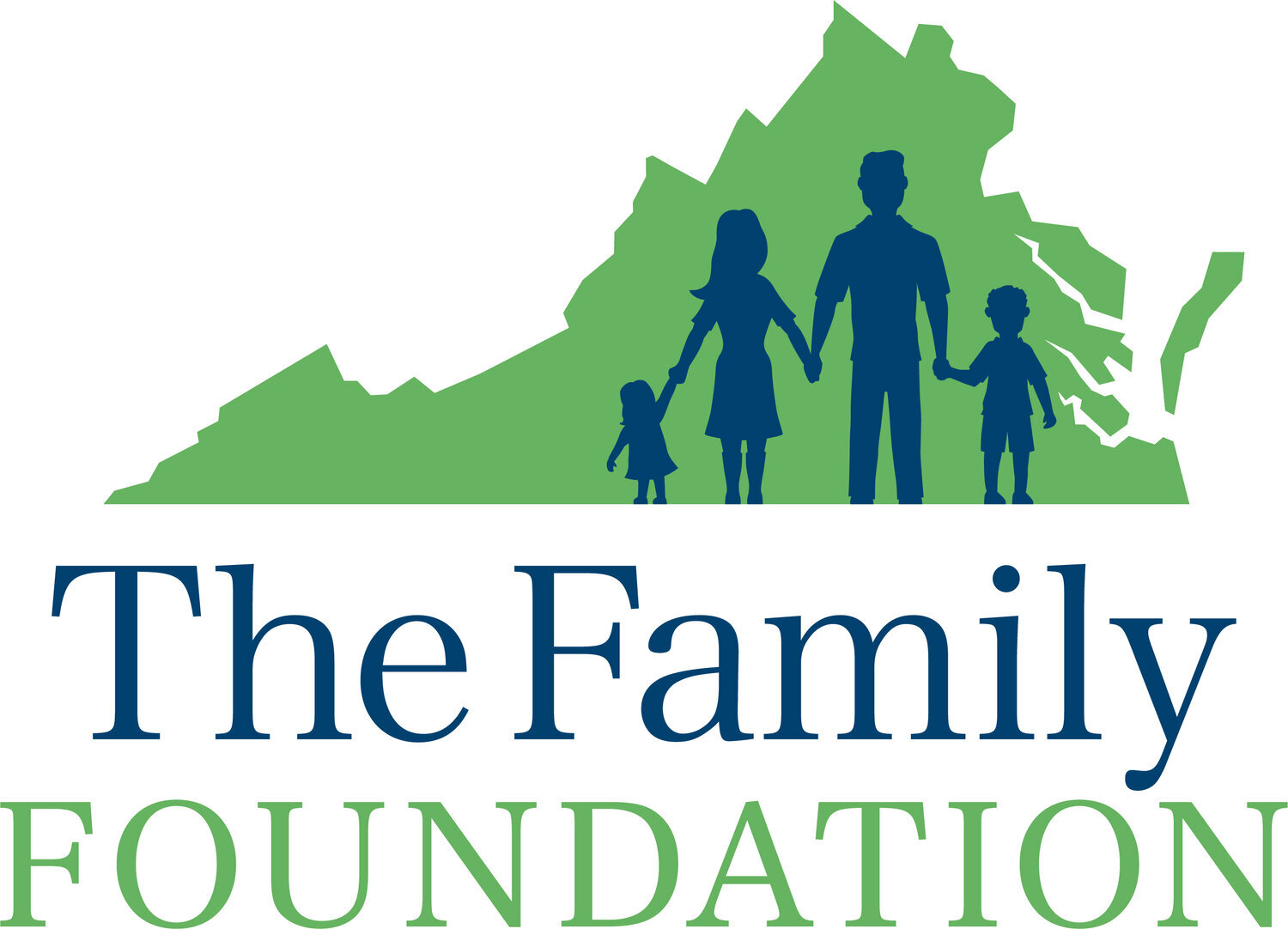Marijuana Use and Gender-Denying Treatments: A Bad Combination
The United States faces significant societal challenges, including rising crime rates, mental health crises, and contentious public policies. Between 2016 and 2023, anxiety diagnoses among adolescents aged 12–17 increased by approximately 61%, according to the National Center for Biotechnology Information. From 2019 to 2022, anxiety symptoms among U.S. adults rose from 15.6% to 18.2%. These trends highlight the urgent need to address mental health and well-being, particularly among youth.
However, certain public policies may exacerbate mental health issues. For example, the push for recreational marijuana legalization and gender-denying treatments for minors, supported by the entire Democrat majority and candidate for Virginia Governor, Abigail Spanberger (D), can have a deleterious effect on a person's health. Confusing kids about gender to the point of pumping them with hormones and puberty blockers, combined with cannabis use, can have horrific outcomes. That's what we learned about the Minneapolis shooter, Robert (aka “Robin”) Westman, who attributed his mental distress and violent actions to gender-denying treatments and heavy cannabis use in his own writings. Westman’s consumption of marijuana and working at a cannabis shop for a period of time, no doubt intensified his mental disorder (gender confusion) and fueled his anti-Christian rage, all revealed in the videos and writings he left behind.
Studies indicate that cannabis use, particularly during adolescence, increases the risk of psychotic disorders, including schizophrenia, due to THC’s impact on neurotransmitter function, especially dopamine regulation. Heavy and chronic use of high-potency THC products heightens this risk. Additionally, data from states with legalized marijuana highlight broader societal impacts:
A UC San Francisco study linked long-term cannabis use to increased risks of heart disease, including heart attacks and high blood pressure.
In Colorado, traffic fatalities involving marijuana-intoxicated drivers rose by 86% between 2013 and 2017, with over one-fifth of fatalities involving marijuana by 2017.
Neighborhoods near marijuana businesses in Denver saw an 84.8% increase in property crimes annually.
Colorado’s homeless population increased by 13% from 2015 to 2016, compared to a 3% national decrease.
Marijuana users are three times more likely to become addicted to heroin, per the CDC.
A 2017 study found that individuals using marijuana in the past year were 2.6 times more likely to abuse prescription opioids.
In Colorado, 22.4% of adolescent suicide victims tested positive for marijuana between 2014–2016, compared to 9.3% for alcohol.
Juvenile marijuana-related arrests in Washington, D.C., increased by 114% in the three years following legalization.
For every dollar in marijuana revenue, Colorado spends $4.50 addressing societal costs.
Since legalization, Colorado has seen a 54% increase in emergency room visits and a 101% rise in hospitalizations for toddlers consuming edibles.
THC is the most common drug found in Colorado teens who die by suicide, with teen suicide rates increasing by 58% from 2016 to 2019.
And yet, every progressive policymaker in the Virginia General Assembly continues to push for policies that protect gender denying treatments for minors while legalizing recreational use of marijuana.
Regarding gender-denying treatments, research shows that individuals with gender dysphoria often experience elevated rates of depression, anxiety, suicidal ideation, and self-harm. While some advocate for these treatments to improve mental health, evidence from states like Minnesota, a “sanctuary state” for transgender individuals, suggests they do not alleviate mental distress. Instead, they exacerbate it.
Common sense suggests that individuals with gender dysphoria and mental health challenges, such as anxiety or depression, should avoid substances like marijuana, which can induce psychotic behavior. The combination of these factors has proven extremely harmful in some instances.
To support Virginia’s youth, policies should prioritize faith, family values, and mental health stability. This includes recriminalization of recreational marijuana, prohibiting gender-denying treatments for minors, removing inappropriate content from school libraries, and strengthening parental rights. Electing leaders who prioritize these values—viewing rights as derived from God, supporting traditional family structures, and protecting life from conception to natural end—is critical. Visit vavoterguide.com to identify candidates who align with these principles in the current election cycle.
More importantly, we must return to foundational values, including faith-based principles that emphasize respect for human dignity, community, and humility. As President John Adams stated, “Our Constitution was made only for a moral and religious people. It is wholly inadequate to the government of any other.” When our government operates under this moral order it leads to good governance that produces wise policies.
